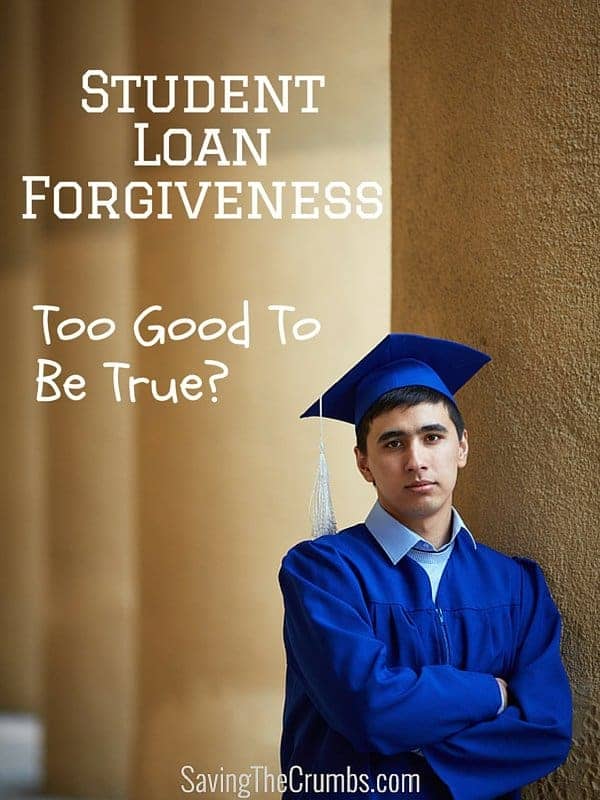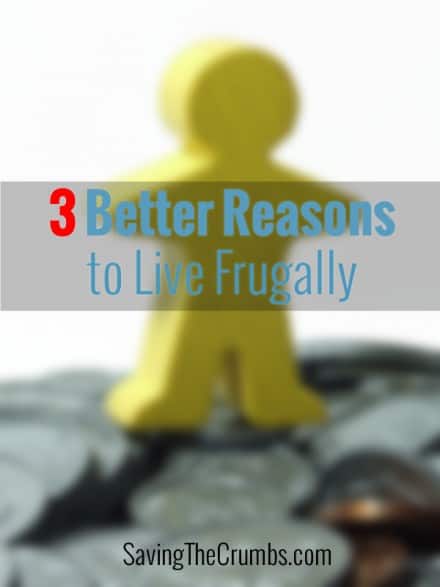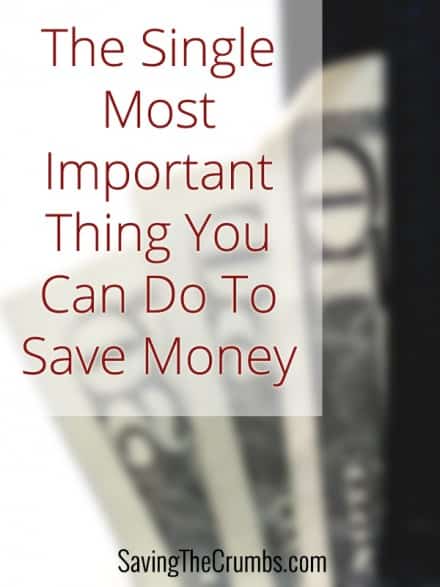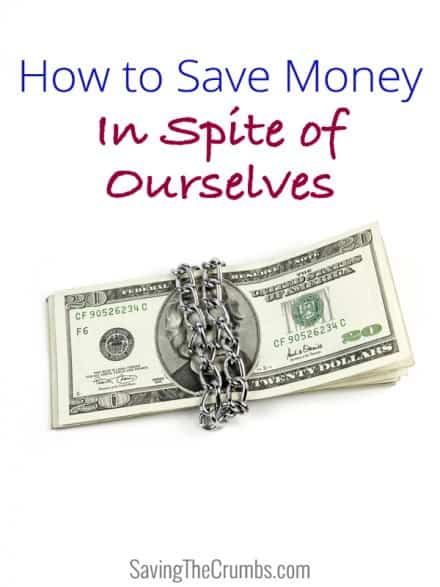- “I know you’re into saving money and stuff, don’t you think the student loan forgiveness program would be an amazing way to save tons of money?”
- “Why shouldn’t I just make minimum payments for 10 or 20 years and then just have all of my loans erased? It frees up all that money so I can buy a new car and a new house!”
- “Man! If I knew there was student loan forgiveness available, I would have borrowed more when I had the chance!”
Since I’ve never had student loans myself, I could never speak from any experience. So my response has always been for these individuals to run the numbers and read the fine print because there’s no such thing as a free lunch.
I finally decided this week to take a look into this matter myself and to offer my 2 cents on this subject. As I got to writing, it became clear that these 2 cents would need to span over 2 posts. So hopefully these 2 big cents can help someone save a lot more!
How Student Loan Forgiveness Works
It became apparent very quickly in my research that this is an extremely complicated subject. There are so many different types of loans, types of repayment programs, and other variables that it really is impossible to speak with much specificity. But generally how it works is that a student must qualify and be a part of an income-based repayment plan where monthly payments are figured based on a percentage of income—that means you cannot be a part of a standard repayment plan where you make set monthly payments like is typically done. Then you must make regular monthly payments for anywhere from 10 to 25 years before your loans are forgiven (any missed payments extend your payoff date farther into the future). Oh, and this plan is only available for certain federal student loans. Those with private loans need not apply.
There is a smorgasbord of different repayment plans each with its own specific qualifications for enrollment and ways of calculating the repayment terms, and rather than bore you to death, here’s a link to the Federal Student Loan website where you can see for yourself.
Some Other Tidbits
Here are a few other features that jumped out as things that I would seriously take into account were I considering it:
- Shifting from a standard to an income-based repayment plan should not affect the loan’s interest rate.
- The most common student loan forgiveness options require either 20 or 25 years of regular payments (depends on when your loan was originated) before forgiveness can happen. The 10-year option is only for the Public Service Loan Forgiveness program that requires the borrower to be employed in public service or qualified nonprofit work.
- Monthly payment amounts for the most common income-based repayment plans are calculated as 10-15% of disposable income (also depends on when your loan was originated). This amount changes as the borrower’s income changes.
- This means there is an annual reporting process required to update the government on income and family changes. (One more thing to remember to file each year!)
- If annual reporting is not properly done, the borrower will be shifted back to a standard repayment plan.
- Some of the programs do NOT allow for advanced payment to pay it off early, but must pay the full amount (such as the Public Service Loan Forgiveness program).
- In the most common plans, any amount that is forgiven is treated as taxable income—this doesn’t just mean the principal that’s owed, but all of the interest that would have been paid too. The one exception is the Public Service Loan Forgiveness program where the amount forgiven is not taxed.
Some Questions to Ponder
Since there are so many different potential scenarios to consider, it’s really not possible for me to categorically say whether this is a good idea or not. We’ll take a look at some sample scenarios and numbers in part two, but first here are some important questions to consider:
1. Are Lower Payments Really the Goal?
The reality of debt repayment for any type of loan is that, all things being equal, if payments are lower but extended over a longer period of time, you will end up paying much more interest. There’s really no alternative. So the simple fact is that if you could pay off a loan in 10 years but you extend it to 20 or more, you will end up paying a lot more in the end. This may be true even if there’s a chunk forgiven at the tail end! (We’ll take a look in our next post.)
Of perhaps the greatest consequence is the attitude adopted by many that by reducing student loan payments, they are then free to spend more on other things. So by shaving a few hundred dollars off each month of their student loans, they think they can redirect that money into a new car loan, home mortgage or some expensive toys and vacations. Not realizing that they are playing with fire by leveraging their lifestyle up to their eyeballs with debt. Frequently they are just one disaster away from having the rug pulled out from under them all while blissfully throwing their wealth away in interest. Don’t be one of them.
As you already know since we paid off our low-interest home mortgage in two years, we detest paying any more than we need to for anything and we hate being in debt. If it were me, my goal with a student loan would be to pay it off ASAP and to pay as little interest as possible.
2. How Long Do You Plan to Be In Debt?
It seems to me that people think of student loan forgiveness in romanticized terms as though it’s free money. “La-la-lah! I’ll just make minimum payments for a while and *POOF* it’ll all go away, then life will be rosy again. La-la-lah!” That’s not how it works. You are required to sign over 20-25 years of your life in exchange for this financial “mercy”. In case you haven’t counted, 25 years is an awful long time to be in slavery!
Where were you 25 years ago? I was a first-grader, newly immigrated to the US who didn’t speak a word of English. Back then, the Internet didn’t exist for everyday folk, movies were sold on VHS and music on cassette tapes. Most of the college students graduating today weren’t even born yet! I would have had to make regular monthly payments since that era in order to “score” a magnanimous forgiveness of my debt today. Imagine where you’ll be a quarter century from now? (My baby girl will be 25 by then! Have mercy!)
What types of life-changes do you suppose you may go through in the next few decades that might be inconvenienced by the presence of a nagging student loan?
- You want to become an entrepreneur to start a business?
- The primary earner in your home gets laid off?
- You want to quit working to be a stay-at-home-mom?
- You are called to serve God as a missionary abroad?
- You just want to take a break and go do some traveling, volunteering, stuff that doesn’t pay well?
Sorry, you’re chained to the hope of a government’s promise—greatly complicating or totally eliminating options to a life of freedom. Speaking of the government…
3. Do You Really Want To Stake Your Future On A Government Promise?
I’m not going to bash our government or start a political feud here, but the simple (and honest!) question is whether you would stake your entire future on their word? Has the government ever changed its mind before? Does the government have financial issues that may impact policy down the road? Who would you rather have control of your destiny—you or the government? Remember, a lot can change in the next two decades!
Depending on the government to forgive your student loan is like not saving at all for retirement and counting entirely on social security to take care of you in your old age—probably not a good idea.
4. Is It Right To Not Pay When You Can?
More pointedly, what student loan forgiveness amounts to is a government bailout program using taxpayer dollars. There’s certainly a moral case to be made about counting on someone else to pick up your tab when you are capable but simply unwilling to pay for it yourself.
Nobody likes moochers. Don’t be a moocher. Be a big boy. Be a big girl. Pay your bill.
5. Are You (Really) An Exception?
Nevertheless, I can’t deny that there probably are people in exceptional circumstances out there where debt forgiveness could be a lifesaver. How to know if you are an exception? If you, for legitimate reasons that are truly out of your control cannot afford to pay back the loan.
It reminds me of Christ’s parable of the servant who was forgiven 10,000 talents in Matthew 18:23-35. Some scholars today say that that is equivalent to the wages from hundreds, if not thousands of years of work. That guy would classify as an exception where debt forgiveness would be his only option.
So what about today? Here are some potential circumstances off the top of my head:
- Someone who has very high student loans who then gets hit with very high medical bills/lawsuit/some unpreventable emergency.
- You qualify for the Public Service Loan Forgiveness program, it happens to be the direction you were headed in life anyway, and your debts are so huge relative to your meager nonprofit income that it’s the only way for you to continue serving in that field.
Notice, someone who finds himself in duress because he made boneheaded decisions to finance expensive cars, mortgage a huge mansion, and max out his credit cards for expensive toys does NOT qualify as a legitimate exception. Loan forgiveness for a guy like that would simply enable more of his self-destructive behavior.
Does Loan Forgiveness Actually Save Money?
All right, I think you can see that philosophically I’m not enamored with the idea of student loan forgiveness. But the big question that remains is whether this is simply bitter medicine that we should pinch our noses and take because it saves a ton of money. Is the value from loan forgiveness so great that it really does end up worth it despite the downsides?
In the next part in this series on student loan forgiveness, we will try to answer this question with a few scenarios with real numbers. In the meantime, you can pop over to the government’s student loan repayment calculator to plug in your own numbers to see how things shake out for you.
What’s your take on student loan forgiveness? Do any of you have experience that you can share with us?
Here are other articles in this series on student loan forgiveness:







